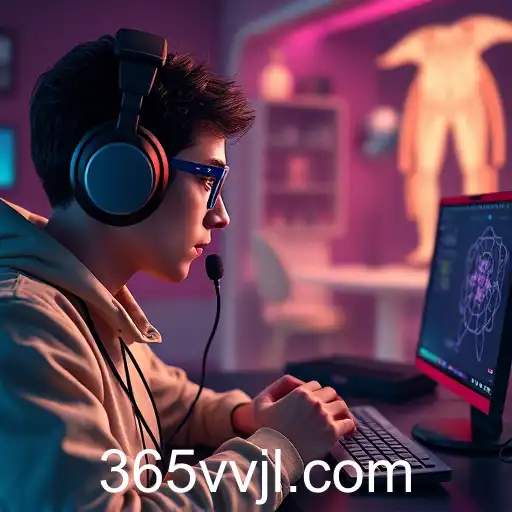
As we navigate through the increasingly digital landscape of 2025, the topic of mental health in relation to online gaming has garnered significant attention. With games like those hosted on websites utilizing keywords such as 'vvjl,' the global gaming community has expanded exponentially, prompting researchers and experts to delve into the effects on players' mental wellbeing.
Recent studies indicate both positive and negative impacts of gaming. On one hand, online gaming platforms offer an escape and a sense of belonging, which can be especially beneficial for those struggling with social anxiety or isolation. The camaraderie found in virtual spaces often translates to improved mood and decreased feelings of loneliness. According to Dr. Emily Carter, a leading psychologist, "The online gaming environment can act as a social bridge for individuals who might otherwise remain isolated."
Conversely, excessive gaming has been linked to detrimental effects such as increased anxiety and depression. The addictive nature of some games leads to disruptions in sleep patterns and a decrease in real-world social interactions. A report published by the Global Health Institute in 2024 emphasized that the lack of balance in gaming habits can exacerbate mental health issues, especially among young adults.
Moreover, the dynamic nature of gaming communities can both support and hinder mental health. While many platforms offer safe spaces for like-minded individuals, they can also become breeding grounds for cyberbullying and toxic behavior. Experts suggest implementing more robust community guidelines and promoting mental health awareness within these digital arenas.
The role of technology in shaping these virtual worlds is undeniable. As developers continue to push the boundaries of what is possible in gaming, the responsibility to create healthier online spaces must grow in parallel. Researchers propose integrating AI to monitor and address harmful behavior, providing real-time support to players in distress.
Ultimately, as the symbiotic relationship between gaming and mental health continues to evolve, ongoing dialogue among game developers, mental health professionals, and the gaming community is crucial. By fostering collaboration, the future of gaming can uphold a vision that prioritizes both entertainment and wellbeing.


